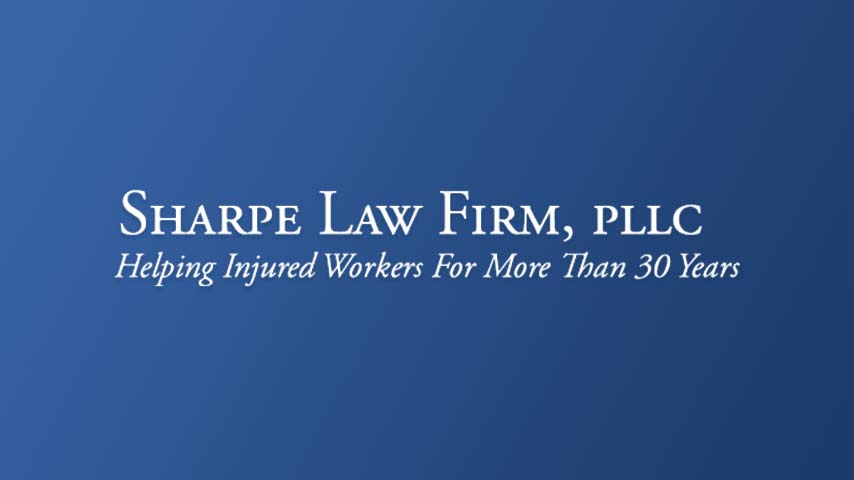You have suffered an on the job injury and filed a workers compensation claim. Maybe you’ve had surgery and are off work. You’ve got time on your hands while you heal, so you update and post on your Facebook and Twitter accounts. At first the posts share how miserable you are, and you show pictures of your scar. As the weeks go on, you begin to post more upbeat updates to your friends, how your feeling better and thank them for their kind thoughts. You don’t want to dwell on the fact that you got an infection and have had a really hard time getting your swelling down. You want to put on a positive front. Next a post of a photo or two of you walking with your dog on a rocky beach, maybe a picture of you in a kayak on a smooth lake.
You told your doctor you tried to do some light activity but even a short walk with the dog had you in increased pain, and you had to go home.
You tried to kayak with a friend but couldn’t stay in the boat for more than a few minutes because of the spasms, your friend had to load and unload the kayaks by themselves, you couldn’t help. You even had to have your friend drive you home you were in so much pain.
But your Twitter picture just shows you in the kayak with a smile, you were too embarrassed to post that you couldn’t even make it out for a nice day on the lake. You worry people will get tired of you posting about how much pain your in and all the complications you’ve suffered. You don’t want them to know how depressed you’ve become, that getting out of the house was a huge undertaking.
You work hard to have Facebook and Twitter show you as happy, you want your friends and family to see the best side of you, so they don’t worry. You are playing a dangerous game.
Do you know who else is looking at your best Facebook self? The L&I fraud unit, your employer, and their attorneys. They see you smiling in a boat, they decide your faking your injury, they use that smiling picture to convince your doctor your lying to him about your injuries and how depressed your are.
More and more the L&I fraud unit is requesting information from social media accounts to show to judges and juries, they want to discredit you and use your posts and pictures against you. There is a lot at stake and the full impact of social media on workers compensation cases, personal injury and other disability claims is yet to be seen.
Many people are unaware of who can see their posts and photos, and also posts from your friends and family. You should be very cautious about what you post on social media when you are receiving disability benefits, consider taking a break from posting while you recover. You don’t want Facebook to foul up your claim.
If you have any questions please call us to discuss how social media might effect your claim.










